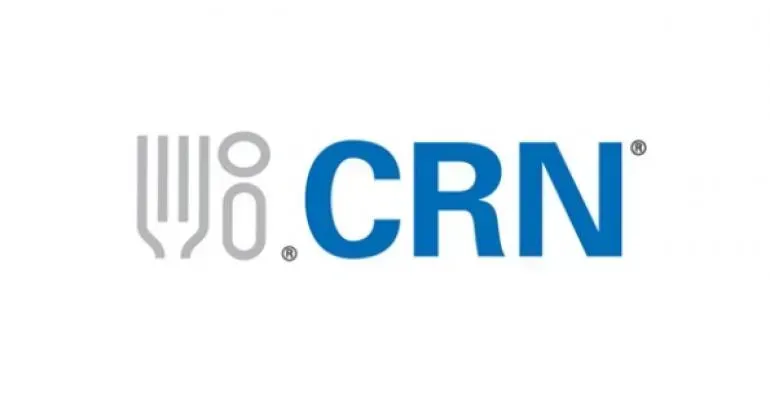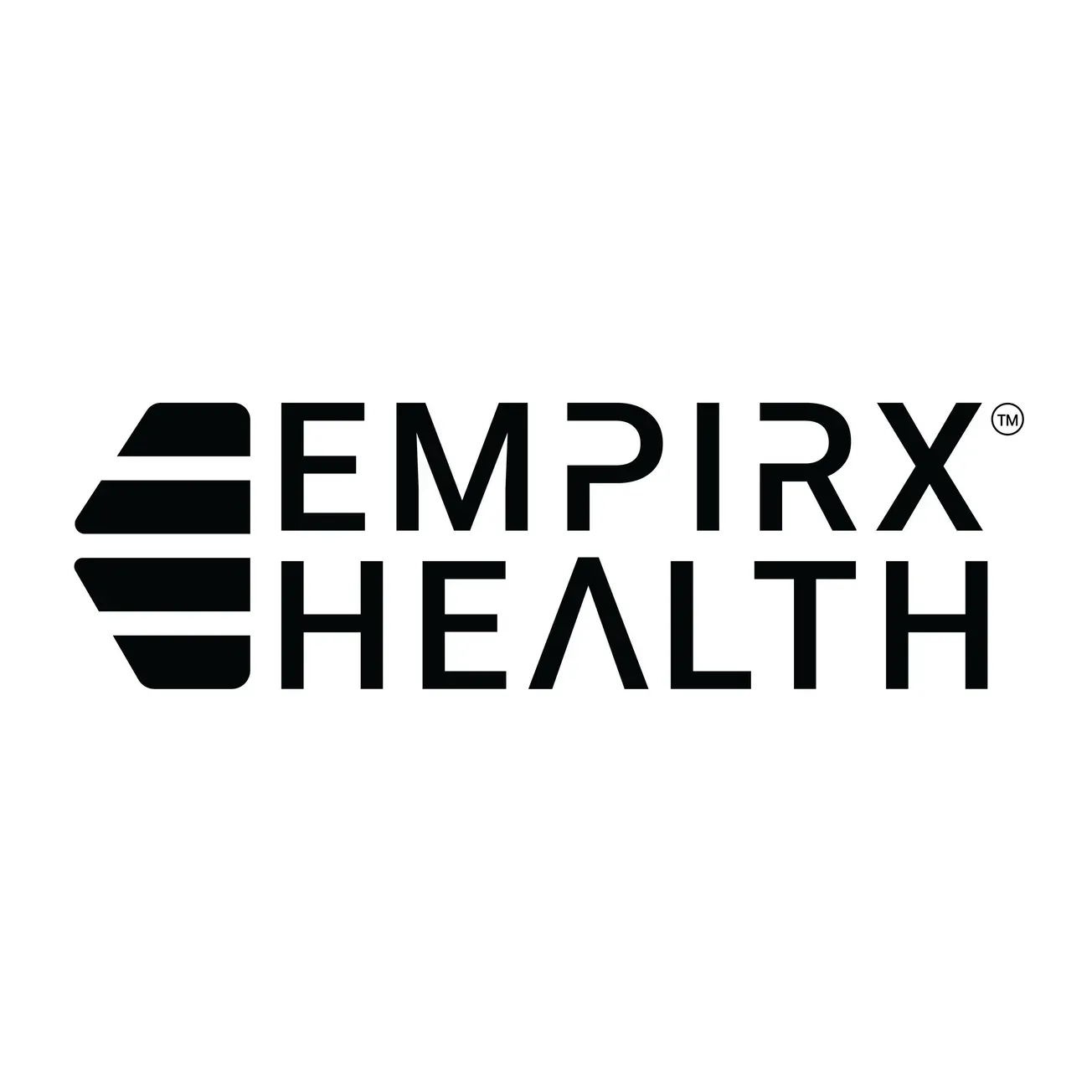WASHINGTON, D.C. – The Council for Responsible Nutrition (CRN), the leading trade association representing the dietary supplement and functional food industry, raises critical concerns regarding the U.S. Preventive Services Task Force’s (USPSTF) latest draft recommendations advising against the use of vitamin D and calcium supplements for primary prevention of falls and fractures in community-dwelling older adults. While the CRN appreciates the USPSTF’s efforts to synthesize and evaluate existing data, the recommendations are limited to a small segment of the population and fall short in several key areas. CRN cautions that misinterpretation of the recommendations as broadly advising against supplementation could lead to the dismissal of other health benefits associated with these essential nutrients.
The USPSTF’s recommendations narrowly target community-dwelling, asymptomatic adults while excluding studies enrolling participants based on low vitamin D levels or vitamin D deficiency “If you’re not accounting for these people who are already at risk, those are the people who will benefit the most from supplemental vitamin D and calcium,” said Dr. Andrea Wong, CRN’s Senior Vice President of Scientific and Regulatory Affairs. “Older adults with limited sun exposure, restricted diets, or darker skin tones often face a higher risk of deficiency, making targeted supplementation critical for their health.”
The Dietary Guidelines for Americans issued by USDA and HHS continues to recognize both calcium and vitamin D as nutrients of public health concern because low intakes are associated with health issues and large numbers of Americans, from toddlers to older adults, fail to get the recommended levels of these essential nutrients.
The USPSTF recognizes that ensuring adequate vitamin D and calcium intake is important for bone and overall health and reminds that it is important that all persons have vitamin D and calcium intake that meets the recommended daily allowance of these nutrients. In addition, USPSTF advises that clinicians should individualize decision making about supplementation to the specific patient or situation.
Several studies underpinning the USPSTF’s recommendations fail to consider participants’ baseline vitamin D levels. “One thing you’d want to look at is did they look at baseline vitamin D status,” Dr. Wong emphasized. “If participants were starting off with adequate vitamin D levels already, adding more might not show additional benefit. But for those starting with insufficient levels, the benefits can be significant.” She added that this oversight risks drawing overly simplistic and misleading conclusions.
Dr. Wong also pointed out that vitamin D and calcium are not just about fall and fracture prevention but are vital for bone health, muscle function, immune health, and overall well-being, which underpins the Centers for Disease Control and Prevention’s strategies to prevent falls in older adults “The USPSTF’s narrow focus of primary prevention of falls and fracture can lead to misreporting that the recommendation warns against supplementation. That conclusion overlooks the broader value of maintaining adequate nutrient levels for a host of health benefits,” she stated.
CRN also highlighted findings from its “Supplements to Savings” report, which showed that consistent vitamin D and calcium supplementation among at-risk populations could help prevent significant numbers of fractures annually, translating into substantial healthcare cost savings. “Investing in preventive nutrition is not only beneficial for individual health but also makes economic sense,” Dr. Wong noted.
By emphasizing generalized guidance that dismisses supplementation, media reporting on the recommendations risk exacerbating health disparities among populations most vulnerable to nutrient deficiencies. “This is a missed opportunity to address systemic inequities in preventive care,” Dr. Wong urged. “Ensuring access to safe, effective, and affordable means of achieving optimal nutrient intake is critical for public health.”
Vitamin D and calcium supplementation remain safe, low-cost tools for addressing dietary gaps and supporting bone and muscle health. Nutritional needs vary widely based on individual factors such as age, diet, lifestyle, and medical conditions. “This really shouldn’t be a blanket recommendation,” Dr. Wong explained. “Healthcare providers need the flexibility to make customized decisions to meet their patients’ needs.” She also emphasized the importance of combining supplementation with dietary improvements, physical activity, and fall-prevention programs to create a comprehensive approach to health maintenance.
“Americans continue to fall short on key nutrients like calcium and vitamin D,” Dr. Wong concluded. “Dismissing supplementation as unnecessary for the general population undermines its value for those who need it most. It’s time for guidance that reflects the full scope of science and prioritizes public health equity.”
For more information on the benefits of Vitamin D, visit the CRN Foundation’s Vitamin D & Me! website: https://www.vitamindandme.org/









